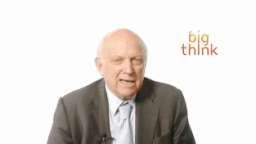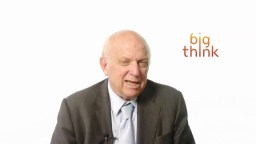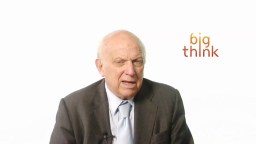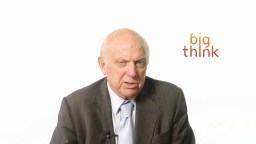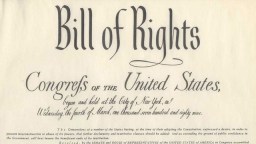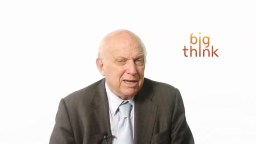Floyd Abrams
First Amendment Attorney
Floyd Abrams is one of the leading legal authorities on the First Amendment and U.S. Constitutional Law, having appeared before the U.S. Supreme Court. Abrams is the William J. Brennan Jr. Visiting Professor at the at Columbia University's journalism school. He is a partner with the firm Cahill, Gordon & Reindel.
In perhaps his most famous case, Abrams defended the New York Times in the Pentagon Papers case in 1971 in which the paper published secret reports on U.S. involvement in Vietnam from 1945 to 1967.
Abrams weighs in on the Supreme Court’s free speech decisions on the non-profit corporation Citizens United’s right to broadcast a film critical of Hilary Clinton ahead of the 2008 election […]
▸
6 min
—
with
Abrams’ initial interest was in English law, which is less protective of free speech. As he learned more about the role that journalists can play at their best—and about the […]
▸
7 min
—
with
Our understanding of the First Amendment is in flux. According to Abrams, these five cases have deeply shaped how freedoms of speech, press, and religion have come to be defined.
▸
12 min
—
with
Abrams, who worked on the Pentagon Papers case, talks about how Julian Assange’s exposés about U.S. policy are different from Daniel Ellsberg’s revelations about Vietnam.
▸
5 min
—
with
The U.S. has an “astonishing” and “breathtaking” degree of freedom for people, organizations, and institutions to have their say. Abrams talks about where this freedom meets its limits.
▸
6 min
—
with
The legendary First Amendment lawyer gives a primer on what everyone needs to know about freedoms of religion, speech and press.
▸
6 min
—
with
A conversation with the legendary First Amendment attorney.
▸
41 min
—
with
